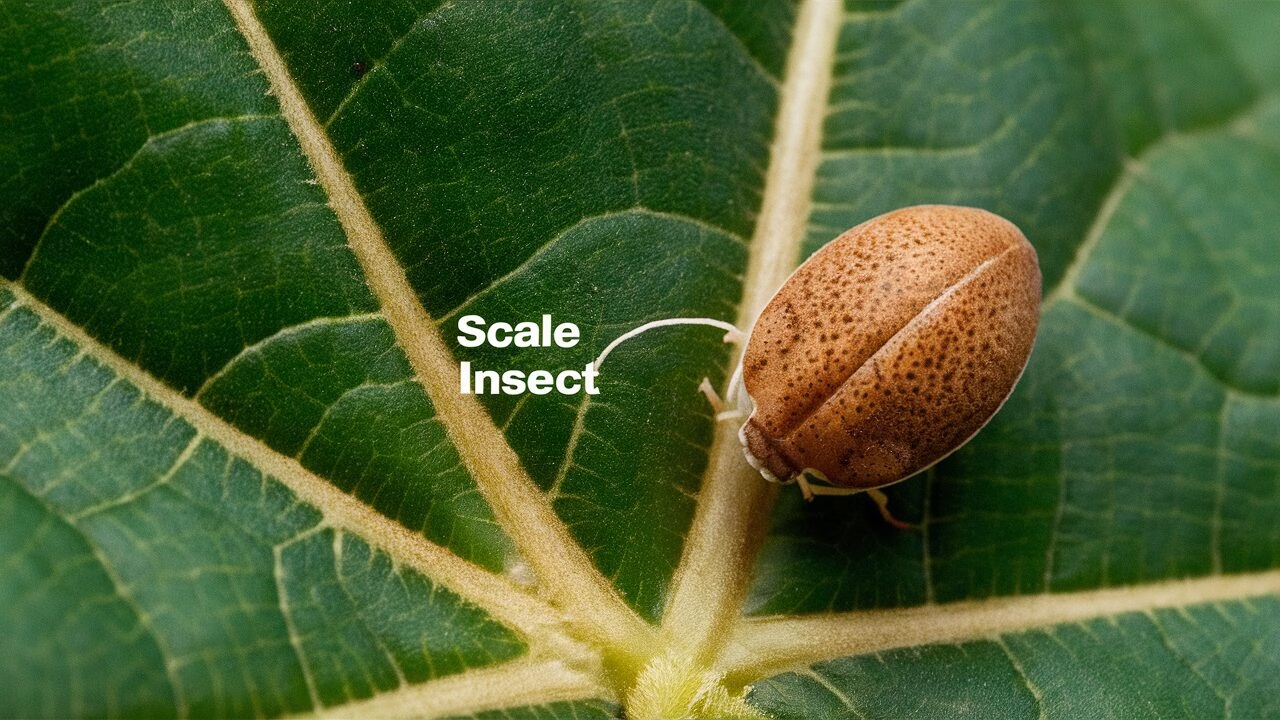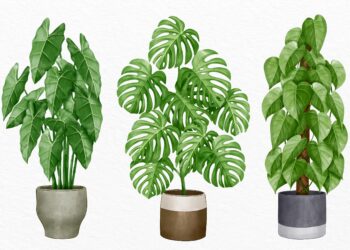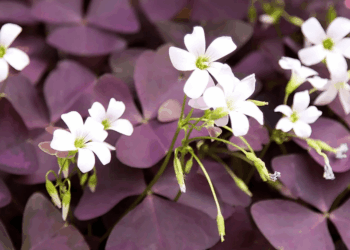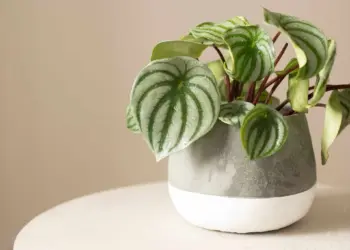Houseplants bring a touch of nature indoors, adding beauty and tranquility to our living spaces. However, they can sometimes fall prey to pesky pests like scale insects. These tiny, sap-sucking creatures can wreak havoc on your beloved plants if not dealt with promptly. But don’t worry! In this comprehensive guide, we’ll delve into everything you need to know about scale on plants : how to get rid of them, how to identify them, and effective treatment methods to keep your houseplants healthy and happy.
What Are Scale Insects?
Scale insects are small, oval pests that attach themselves to plants and feed on their sap. They can be brown, black, white, or even colorful, making them sometimes hard to spot. Scale insects often go unnoticed until they’ve caused significant damage, so early detection is key.
Types of Scale Insects
- Soft Scale: These have a waxy coating and are often found on the underside of leaves.
- Armored Scale: Smaller and harder to see, these have a protective shell-like covering.
- Mealybugs: Though not technically scale insects, they are often grouped with them due to similar behavior and treatment methods.
Common Varieties of Scale Insects
Scale insects can vary significantly in appearance, from white and black to orange or colors that blend with the plant. Some common victims of scale infestations include Euonymus shrubs, magnolias, and fruit trees. Mealybugs, a type of soft scale, are larger and more easily identifiable.
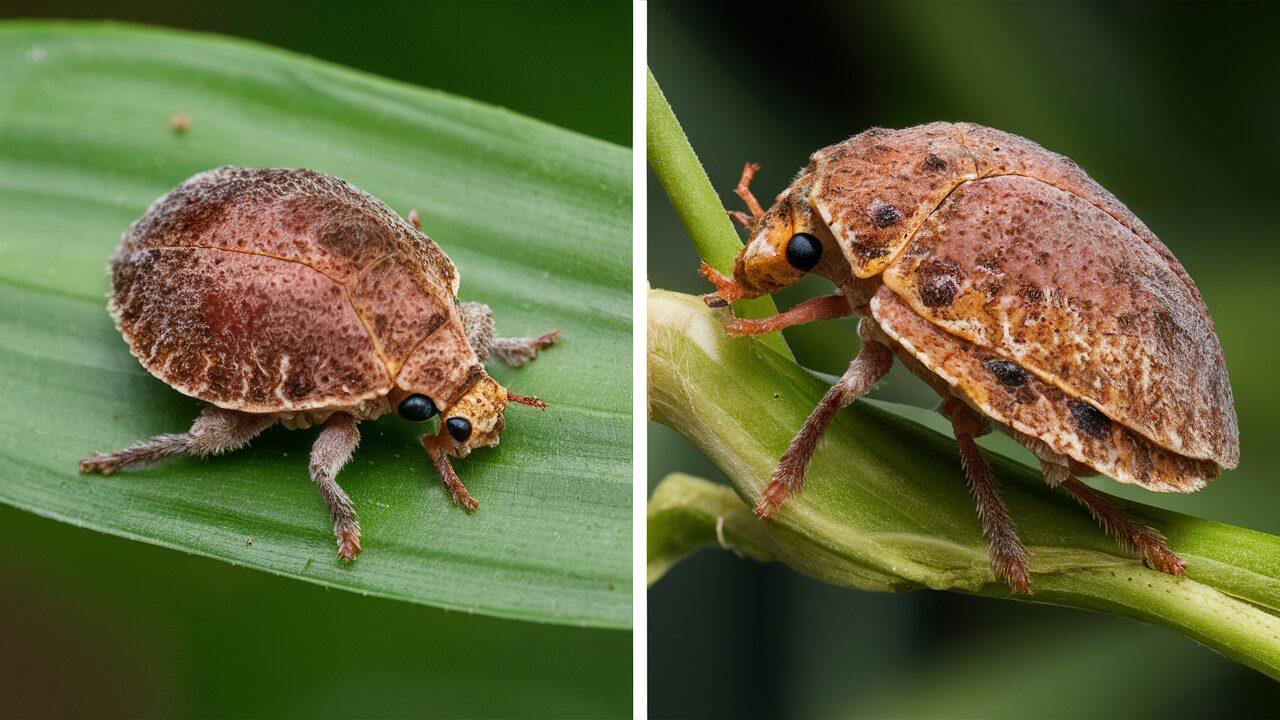
Identifying Scale Insects on Houseplants
Spotting scale insects early can save your plants from severe damage. Here’s how to identify them:
Visual Inspection
- Check Leaves and Stems: Look for tiny, immobile bumps on the leaves and stems. They might look like small, round spots.
- Sticky Residue: Scale insects excrete a sticky substance called honeydew, which can lead to sooty mold on your plants.
- Yellowing Leaves: If your plant’s leaves are yellowing or falling off, it could be a sign of scale infestation.
Physical Symptoms
- Stunted Growth: Scale insects drain nutrients, causing plants to grow poorly.
- Leaf Drop: Infested plants often shed their leaves prematurely.
- Deformed Leaves: New growth may be twisted or misshapen due to the stress caused by scale insects.

Damage Caused by Scale Insects
Scale insects harm plants by depleting sap, which hinders nutrient transport within the plant. This leads to weakened plants, increased susceptibility to diseases, and eventual death if left untreated.
Best Times to Combat Scale
Control measures are most effective during the crawler stage of scale insects’ life cycle. During this stage, nymphs are mobile and more vulnerable to pesticides. Adult scale insects, protected by their hard shells, are much harder to eliminate.
How To Get Rid of Scale Insects on Houseplants
Getting rid of scale insects requires a multi-pronged approach. Here are some effective methods:
Manual Removal
- Pruning: Cut off heavily infested branches or leaves to prevent the spread of scale insects.
- Rubbing Alcohol: Dip a cotton swab in rubbing alcohol and dab it directly on the scale insects. This method is excellent for small infestations.
Natural Remedies
- Neem Oil: Mix neem oil with water and spray it on your plants. This natural insecticide disrupts the life cycle of scale insects.
- Insecticidal Soap: A mild soap solution can help wash away scale insects without harming your plants.
Chemical Treatments
If natural remedies don’t do the trick, consider these options:
- Systemic Insecticides: These are absorbed by the plant and poison the scale insects when they feed.
- Horticultural Oils: These oils suffocate the insects and are best applied during the dormant season.
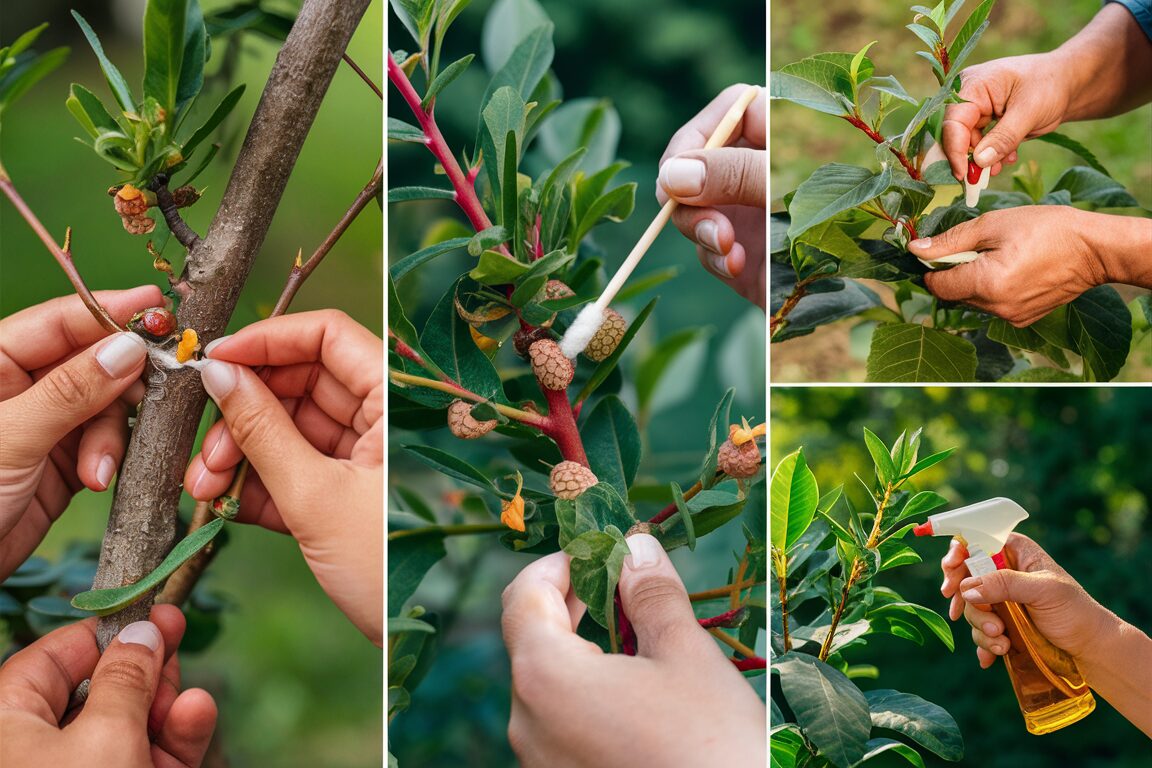
Treating Scale Insects: Step-by-Step Guide
Step 1: Isolate the Infested Plant
To prevent the scale insects from spreading, move the infested plant away from your other houseplants.
Step 2: Inspect and Prune
Carefully inspect the plant and prune any heavily infested areas. Dispose of the pruned parts in a sealed bag to avoid spreading the pests.
Step 3: Apply Treatment
Depending on the severity of the infestation, choose a treatment method:
- For Light Infestations: Use rubbing alcohol or insecticidal soap.
- For Moderate Infestations: Neem oil or horticultural oils are effective.
- For Severe Infestations: Consider systemic insecticides for a thorough solution.
Step 4: Monitor and Repeat
Regularly check your plant for any signs of scale insects. It might take several treatments to completely eradicate them.
Preventing Future Infestations
Keeping scale insects at bay requires some preventative measures:
Regular Inspections
Make it a habit to inspect your plants regularly, especially the undersides of leaves and along stems.
Quarantine New Plants
Before introducing new plants to your collection, keep them isolated for a few weeks to ensure they are pest-free.
Maintain Plant Health
Healthy plants are less susceptible to pests. Ensure your plants receive proper light, water, and nutrients.
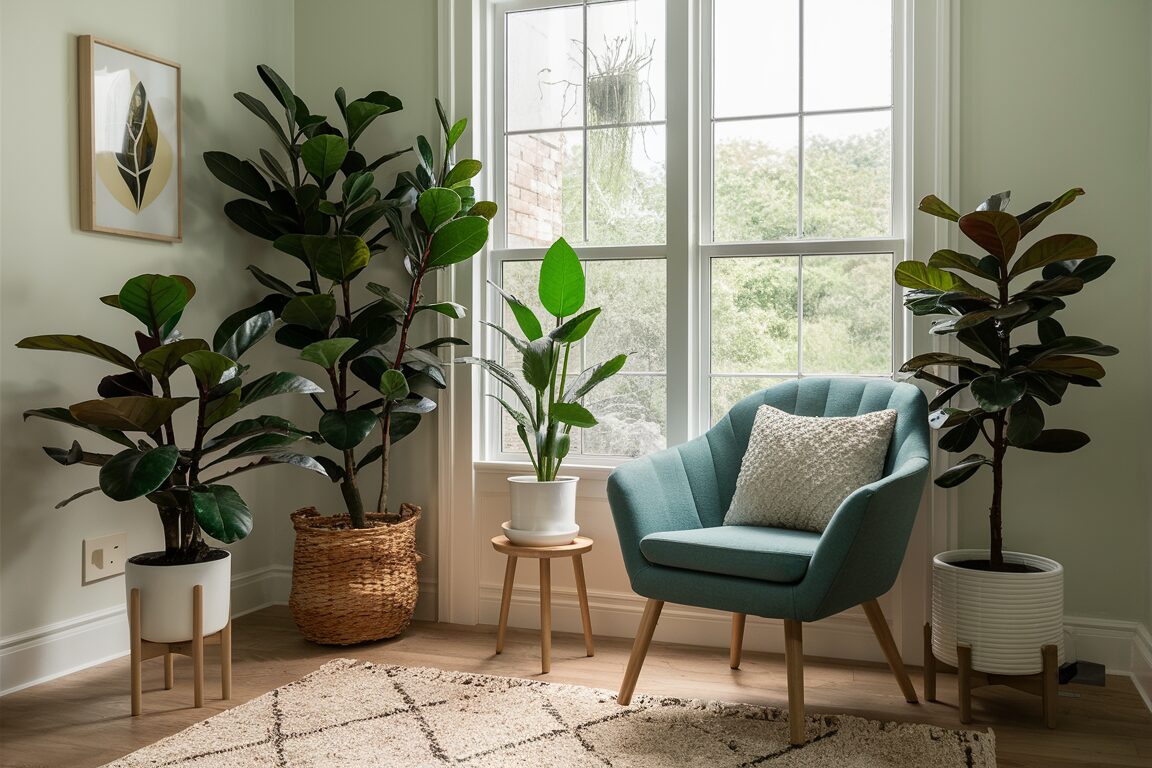
Dealing with scale insects on houseplants can be a bit of a hassle, but with the right approach, you can keep your plants healthy and pest-free. Remember to act quickly at the first sign of trouble, use a combination of methods for the best results, and maintain regular plant care routines to prevent future infestations. With a little effort, your houseplants will continue to thrive and bring joy to your indoor space.
Say goodbye to those pesky scale insects and enjoy the beauty of your lush, vibrant houseplants once again!
FAQs
How do scale insects spread?
Scale insects can spread through contact with infested plants, contaminated tools, or even by crawling from one plant to another. They can also hitch a ride on your clothing or pets.
Can scale insects harm humans or pets?
While scale insects are not harmful to humans or pets, they can significantly damage plants, leading to poor growth and potentially killing the plant if left untreated.
Can plants survive scale infestations?
Yes, but they may become weak or die if the infestation is severe.
How often should I treat my plants for scale insects?
The frequency of treatment depends on the severity of the infestation. For light infestations, weekly treatments might suffice. For more severe cases, you may need to treat every few days until the infestation is under control.
What natural sprays can control plant scale?
Natural options include rubbing alcohol, neem oil, horticultural oil, and insecticidal soap. Apply these in the morning to avoid plant damage.
Do I need to dispose of my plant if it has scale?
Not necessarily. Quarantine the plant and prune infested areas. Only discard if it is severely damaged and unrecoverable.
Is it possible to completely get rid of scale insects?
Yes, with consistent and thorough treatment, it is possible to eradicate scale insects from your houseplants. Regular monitoring and preventive measures will help keep them away.
